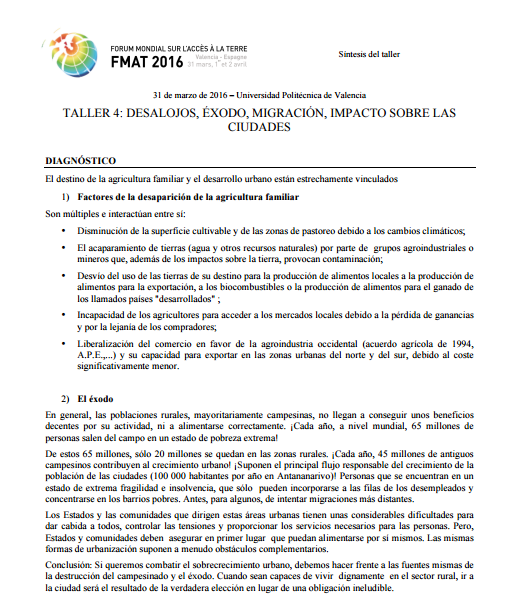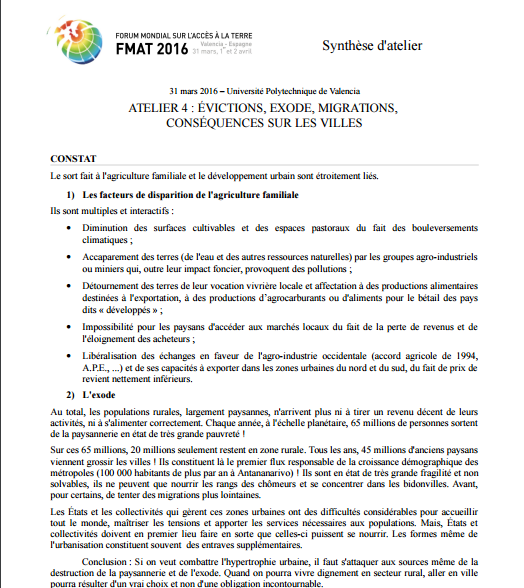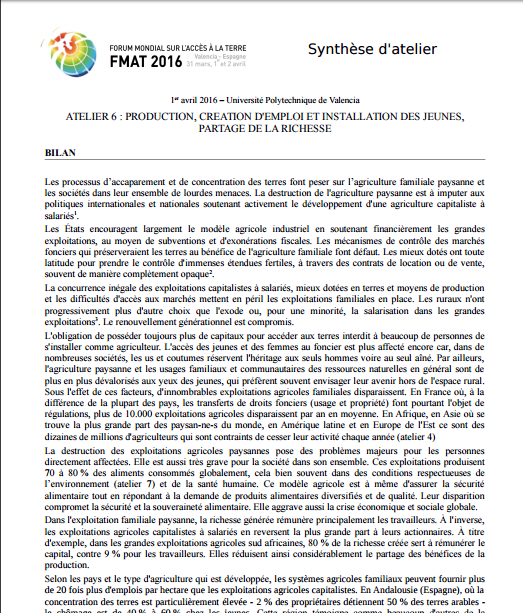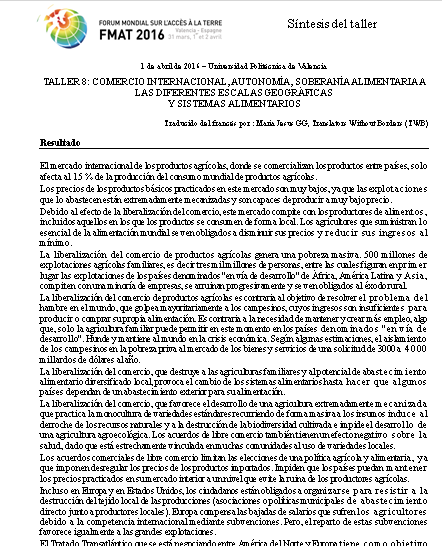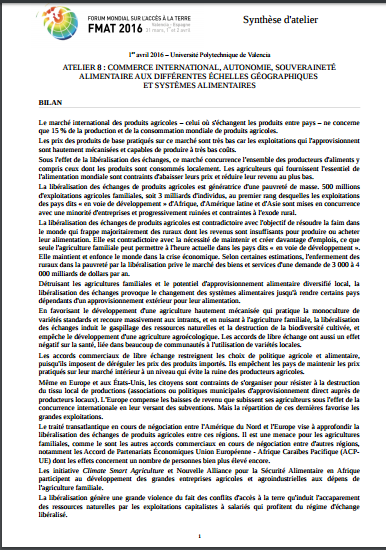Intrahousehold Allocation and Gender Relations: New Empirical Evidence from Four Developing Countries
Most economic research treats the household as a single agent, assuming that individuals within the household share the same preferences or that there is a household “head” who has the final say. This simple framework has proved immensely useful; despite a common misperception, it can explain many differences in well-being or consumption patterns within households.





